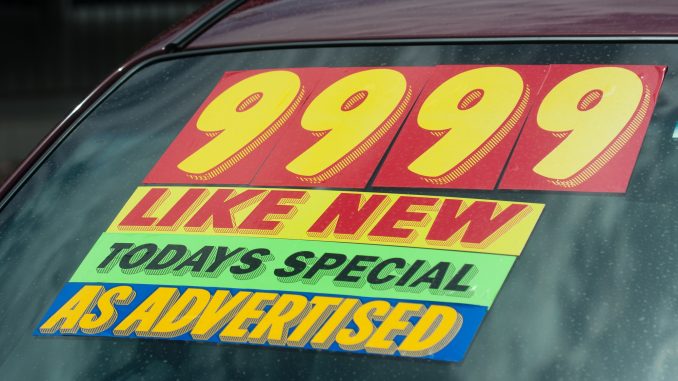
Have you recently purchased a used car or considering doing so? Wondering “how do car warranties work?”, and if there are differences between warranties for new cars and used ones that you should know?
Well, used cars are eligible for warranties–although with different stipulations. Curious what may be covered in your used car warranty? In this article, we’ll answer the question “how do car warranties work”, and provide you with the information you know to make an educated purchasing decision.
How Used Car Warranties Work
Used cars generally have fewer warranty options than brand-new vehicles. In fact, they usually end up being a mixed bag of coverage, with policies that can mirror and differ greatly from new vehicle warranties. Here are some important facts to know about used car warranties:
Not All Used Cars Come with a Warranty
In many states, used car dealerships are allowed to sell a car as-is, meaning without a warranty. They will sometimes offer a basic warranty package to help them solve the vehicle. These policies generally offer to pay some percentage of any parts and labor for specific mechanisms that fail.
It’s important to know that used car warranties have a shorter shelf life than new vehicles. Typical coverage usually lasts anywhere from 30 days to one year after you purchase the used vehicle.
Some Used Cars Have Service Contracts
Service contracts are extended warranty programs that are very similar to extended-length warranties for new cars. They generally protect you from costly mechanical failures down the road.
These used car service contracts differ greatly depending on the individual plan. Some will only cover serious engine failure, while more will be more flexible in coverage. Cheaper basic policies usually have higher deductibles than ones that are more outright expensive, which will lead to more expenses in the end.
If you’re looking for a quality service contract, check out Cars Protection Plus.
Some States Have Implied Warranties
Some states don’t allow used cars to be sold as-is, meaning the car comes with an implied warranty. This means the seller may be obligated to make repairs if a mechanic can provide any vehicle problems existed at the time of the sale. This implied warranty policy exists in states such as Maine, Maryland, Massachusetts, Vermont, West Virginia, and the District of Columbia.
It Can Be Easy to Accidentally Void Your Warranty
If you’re someone who knows their way around an engine or has their own automotive tools, you may be tempted to buy a cheaper or shoddier car that you can fix up yourself. While it’s okay to change your own tires or oil, you should be wary of making major modifications to your car if you have purchased a warranty. This is because you may accidentally void your warranty in the process.
Before you buy any used car warranty, ask what basic services you can get for your car without jeopardizing your warranty. Most dealers won’t want to deny you coverage, but they are interested in protecting their own liability. So, if you do drastic work on your vehicle, you’ll be sure to void your warranty.
Final Thoughts on the Question, “How Do Car Warranties Work?”
When it comes to purchasing a vehicle, it’s important to know how warranties work for both new and pre-owned cars. By reading this article, you’ll be able to answer the question, “how do used car warranties work?” and be better able to decide which vehicle option is right for you.
Need assistance with being a used vehicle? Want to learn more about used vehicles and how warranties work? Read our blog for more tricks and tips!
